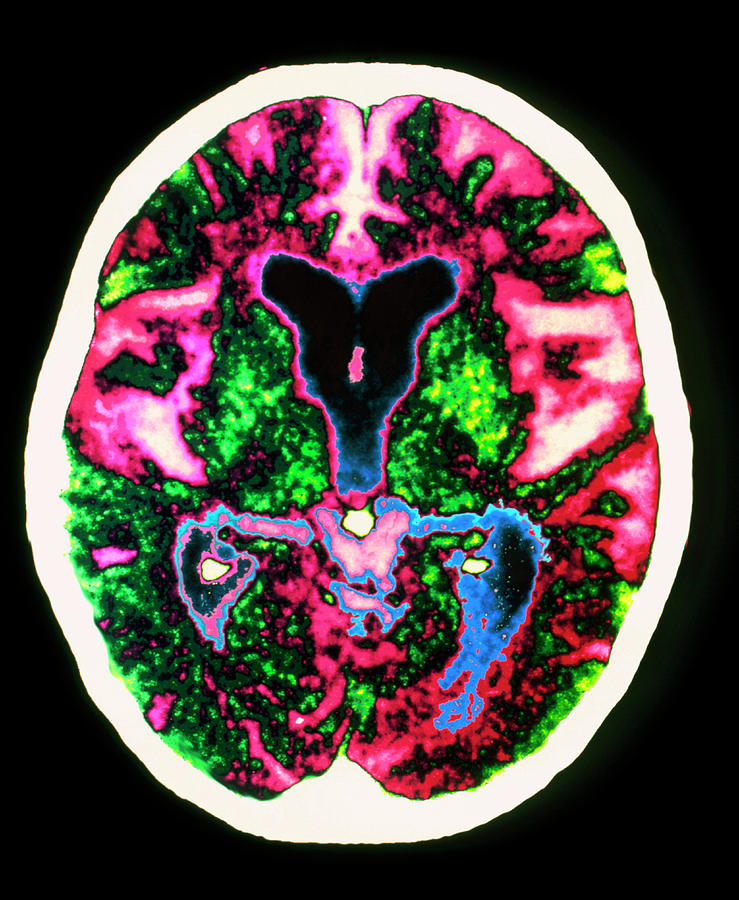Facebook Twitter (X) Instagram Somali Magazine - People's Magazine
Scientists have announced a significant Alzheimer’s breakthrough research, potentially paving the way for new treatments for the debilitating disease. The discovery centers around a novel approach to targeting the underlying causes of Alzheimer’s, offering renewed hope to millions of patients and their families.
The Discovery the Alzheimer’s Breakthrough
Researchers at the University of Cambridge have identified a specific protein, known as tau, which plays a crucial role in the progression of Alzheimer’s disease. By developing a new class of drugs that can effectively target and neutralize this protein, the team has shown promising results in early clinical trials. These drugs have been able to reduce the accumulation of tau tangles in the brain, which are a hallmark of Alzheimer’s.

Clinical Trials and Results the Alzheimer’s Breakthrough
The initial phase of clinical trials involved a small group of patients with early-stage Alzheimer’s. The results were encouraging, with participants showing significant improvements in cognitive function and memory retention. The drugs were well-tolerated, with minimal side effects reported.
Dr. Emily Carter, the lead researcher, stated, “This is a major step forward in our understanding of Alzheimer’s disease. By targeting tau, we are addressing one of the root causes of the condition, rather than just managing the symptoms. We are hopeful that this approach will lead to more effective treatments in the near future.”
Implications for Treatment
If further trials confirm the efficacy and safety of these new drugs, they could revolutionize the treatment of Alzheimer’s. Current treatments primarily focus on managing symptoms and slowing disease progression, but this new approach has the potential to halt or even reverse the damage caused by the disease.
The breakthrough has been met with cautious optimism by the medical community. Dr. Sarah Johnson, a neurologist at the Mayo Clinic, commented, “While we are still in the early stages, the potential of this discovery cannot be overstated. It represents a paradigm shift in how we approach Alzheimer’s treatment.”
Next Steps
The research team is now preparing for larger-scale clinical trials to further evaluate the effectiveness of the new drugs. These trials will involve a more diverse group of participants and will be conducted over a longer period to assess long-term outcomes.
In addition to clinical trials, the researchers are also exploring the potential of combining the new drugs with existing treatments to enhance their effectiveness. This multi-faceted approach aims to provide a comprehensive strategy for combating Alzheimer’s disease.
Public Reaction to the Alzheimer’s Breakthrough
The announcement has been welcomed by patient advocacy groups and the general public. Many families affected by Alzheimer’s have expressed hope that this breakthrough will lead to a cure. Social media platforms have been abuzz with discussions about the potential impact of the discovery.
As the research progresses, there is a growing sense of optimism that a new era in Alzheimer’s treatment may be on the horizon. The journey towards a cure is still ongoing, but this breakthrough represents a significant milestone in the fight against one of the most challenging diseases of our time.

